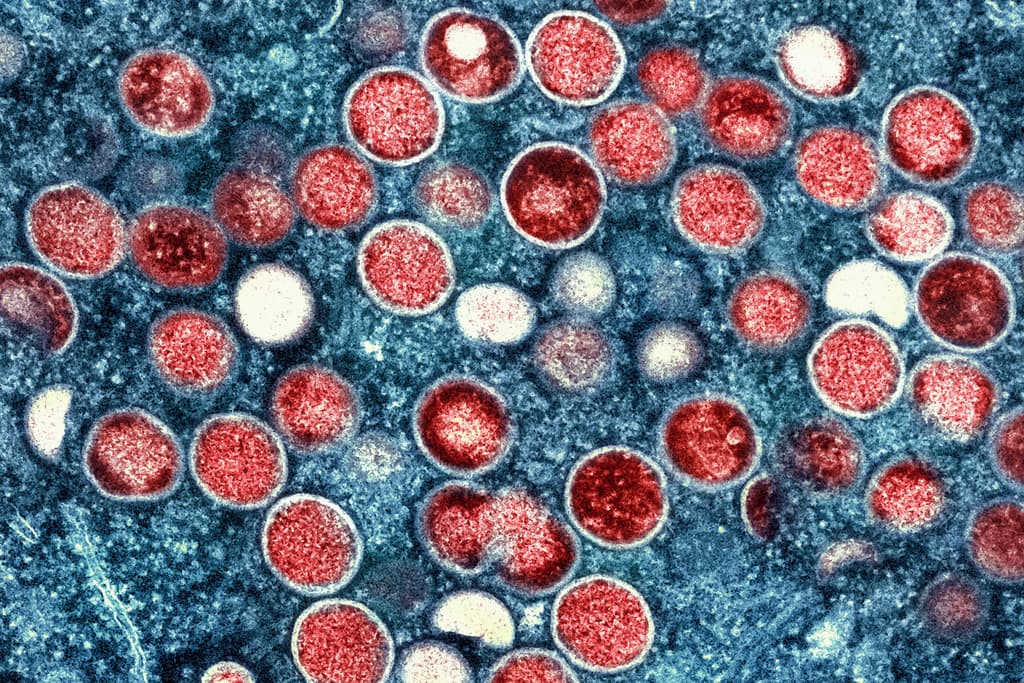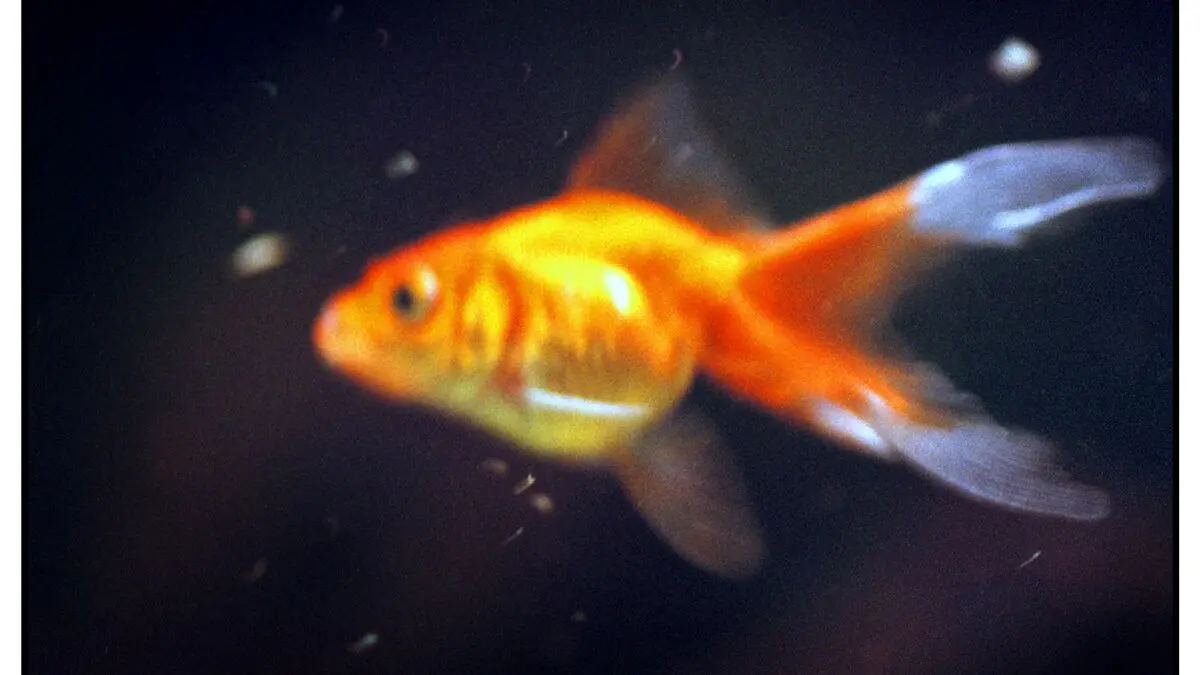The decision was made during the WHO's crisis meeting on Wednesday after alarm reports of the spread of the disease mpox, previously known as monkeypox, in several African countries.
Today, the crisis committee met and shared their opinion that the situation constitutes an international health emergency, said WHO chief Tedros Adhanom at a press conference after the meeting, reports AFP.
The risk of further spread, beyond Africa, is very worrying.
Declaring an international health emergency means that the WHO can introduce acute measures.
The variant of mpox that is now spreading in Africa, called clade 1, is believed to be both more contagious and deadlier than clade 2, whose spread took off in 2022 and is also found in Sweden.
Many uncertainties
But the uncertainty is great, emphasizes state epidemiologist Magnus Gisslén.
There are indications that it spreads more easily and carries a higher risk of severe illness and death. But the data is very uncertain, and therefore it is important to closely follow the development.
A worrying factor is that clade 1 can spread more easily through close contact, and not just through sexual contact like the previous variant. The virus can be transmitted from mother to child and is suspected to have caused a large number of miscarriages and stillbirths.
The outbreak of clade 1 was first detected in the Democratic Republic of the Congo but has spread to neighboring countries Rwanda, Burundi, Kenya, and Uganda.
According to the WHO, more than 14,000 cases of illness and 524 deaths have been reported so far this year. But the dark figure is believed to be large.
The spread prompted the African Union to declare a health emergency on the continent last week.
Can reach Sweden
So far, clade 1 has not been found outside of Africa. But sooner or later, it will likely appear in Europe and Sweden, according to Gisslén.
There is a fairly high risk of import cases. But if the right measures are taken, the risk of further spread can be limited.
According to Gisslén, there is good preparedness to detect the virus in healthcare and limit its spread.
It is important to quickly diagnose and take measures such as isolation and contact tracing.
Is there any reason for Swedes to worry?
No, not currently. The risk is low for a larger spread here. But it can change, and it is important that we monitor the situation closely.
Vaccine believed to work
The vaccine against mpox given to men who have sex with men likely provides protection against the new variant as well, according to Gisslén.
Most indications suggest this, but it has not been confirmed in studies.
In a comment to TT regarding the WHO's decision, Social Minister Jakob Forssmed (KD) writes that the government and responsible authorities are closely following the mpox development and have preparedness.
"Before the summer, the government tasked the Public Health Agency with securing access to vaccines and medicines against mpox, to protect the groups at particular risk of infection and to be well-prepared in case the spread of the disease increases in society,” writes Jakob Forssmed.
Mpox is divided into types clade 1 and clade 2, with the latter found in variants 2a and 2b.
The disease mpox was previously known as monkeypox and has existed in Africa for a long time. Since 2022, the virus has spread for the first time on a larger scale outside the continent. The outbreak has so far mainly affected men who have sex with men.
Symptoms include blisters or sores on the torso, arms, legs, hands, and feet, as well as on the face.
The last time the WHO classified mpox as an international threat to human health was in July 2022, which applied until May 2023.
The classification, which has previously been issued seven times, means that the WHO assesses that there is a risk of international spread of a pathogen or other hazardous substance, and that coordinated measures are needed.
Source: The Public Health Agency






